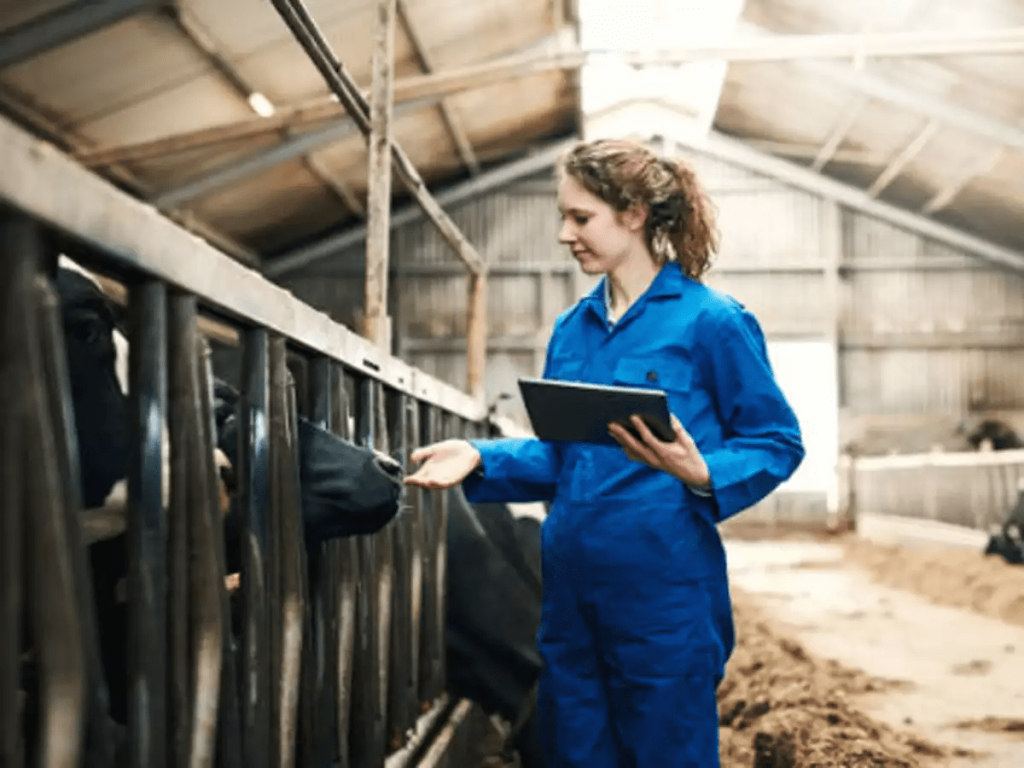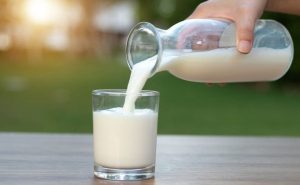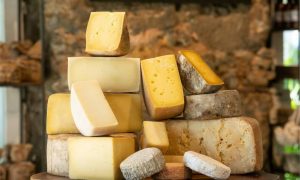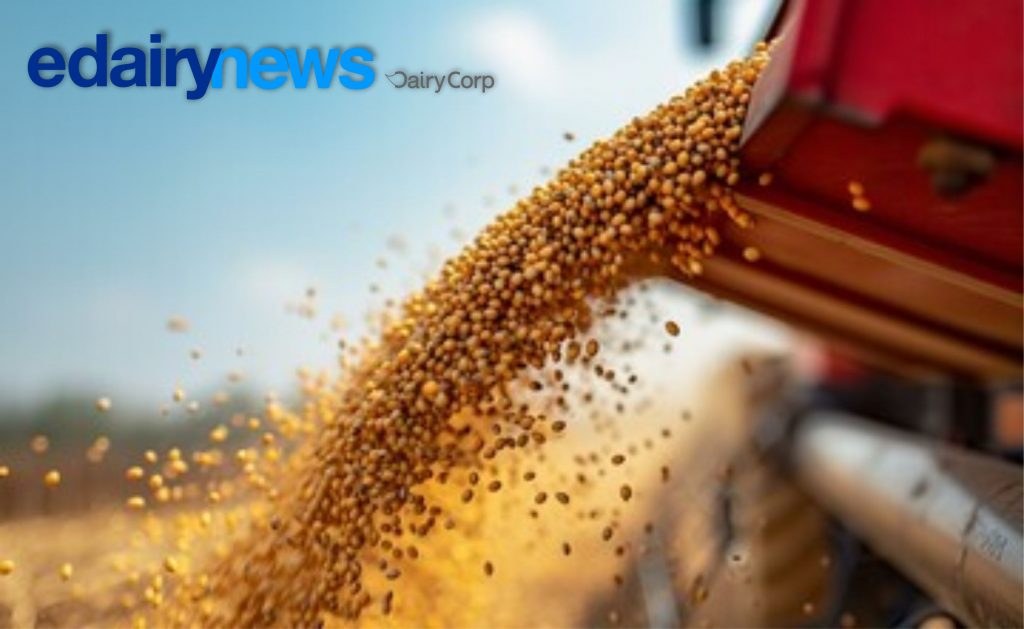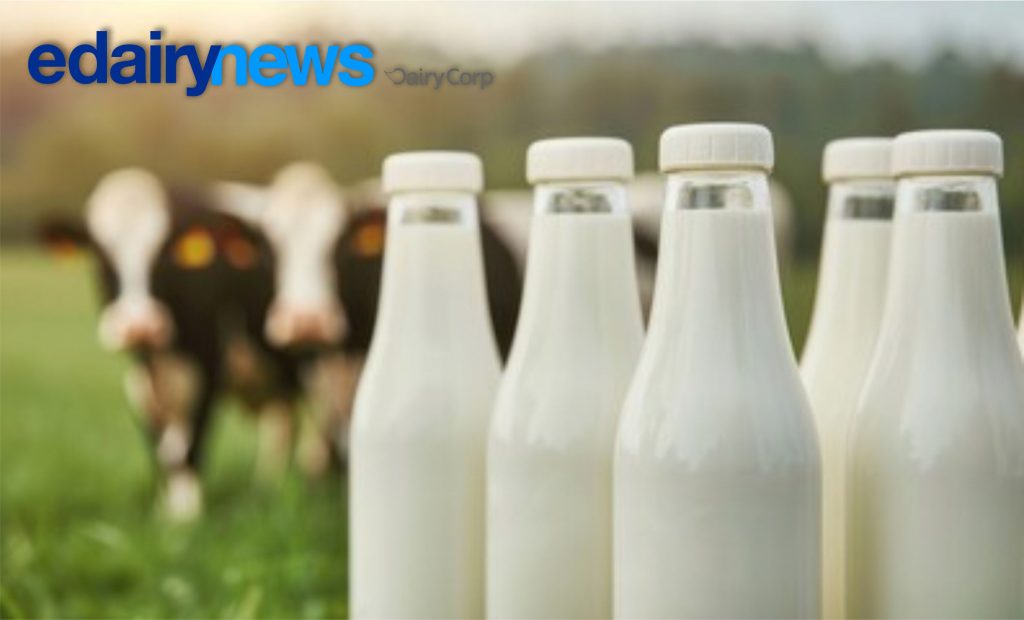Aspirants opting for an undergraduate programme in this field can seek employment opportunities as a dairy development officer, marketing executive to name a few. Additionally, candidates can opt for further studies to become a scientist and academicians as well.
“Employment is not a challenge for candidates opting for the BTech programme in dairy technology as India is home to various companies such as Amul, Mother Dairy and various other state cooperative milk federations,” says Sudhir Kumar Singh, MD, Jharkhand State Milk Federation Limited.
He adds that India is the largest producer of milk in the world and it is currently growing at 5.5% rate annually. Additionally, the consumption of milk has also increased manifold from 120 gm per capita in early 80s to 397gm per capita which clearly indicates the growth of the sector.
What is Dairy Technology
Dairy Technology, says Singh, is an emerging field that deals with the processing of milk and its products. “The advancement of technology has not kept it limited to only milk production. Other packaged food is also taken care of by the sector. Due to advancement of technology, dairy products are no longer considered to be highly perishable commodity,” he adds.
College, courses and admission
Undergraduate, postgraduate and PhD programmes are available in the country. Karnal-based National Dairy Research Institute (NDRI), Deemed University offers BTech, 16 courses at masters’ level and 15 programmes at PhD level. Other than NDRI, colleges and university that offers various courses include College of Dairy Technology, Etawah; Sheth MC College Of Dairy Science, Anand; Sanjay Gandhi Institute of Dairy Technology, Patna and College of Dairy Technology, Tirupati etc.
SK Tomar, academic coordinator, NDRI says that for admission to BTech programme, candidates with Physics, Chemistry and Mathematics in class XII are eligible to apply for an entrance examination conducted by the National Testing Agency (NTA) followed by online counselling. The college has 40 seats for the BTech programme to offer.
Earlier, the Indian Council of Agricultural Research (ICAR) used to conduct the All India Entrance Examinations for admission to UG, PG and PhD courses in agriculture and dairy technology colleges and universities.
Why to opt for it
There is an abundance of the jobs for skilled people, says Ved Prakash Srivastava, professor, Animal Husbandry and Dairying, Chandra Shekhar Azad University of Agriculture and Technology (CSAUK), Kanpur, after the completion of the programme.
“The urbanization and industrialization have led to a shortage of agriculture land in India. Close to 67% population of India still reside in the villages so focus on
animal husbandry sector will improve their livelihood prospects as well,” says Srivastava. He adds that basic infrastructure is not a challenge in rural areas, the experts need to focus on production for value-added products such as cheese, paneer, ghee, probiotics drinks etc to improve exports and economy as well.
CSAUK conducts its own examination for admission to dairy technology course.

